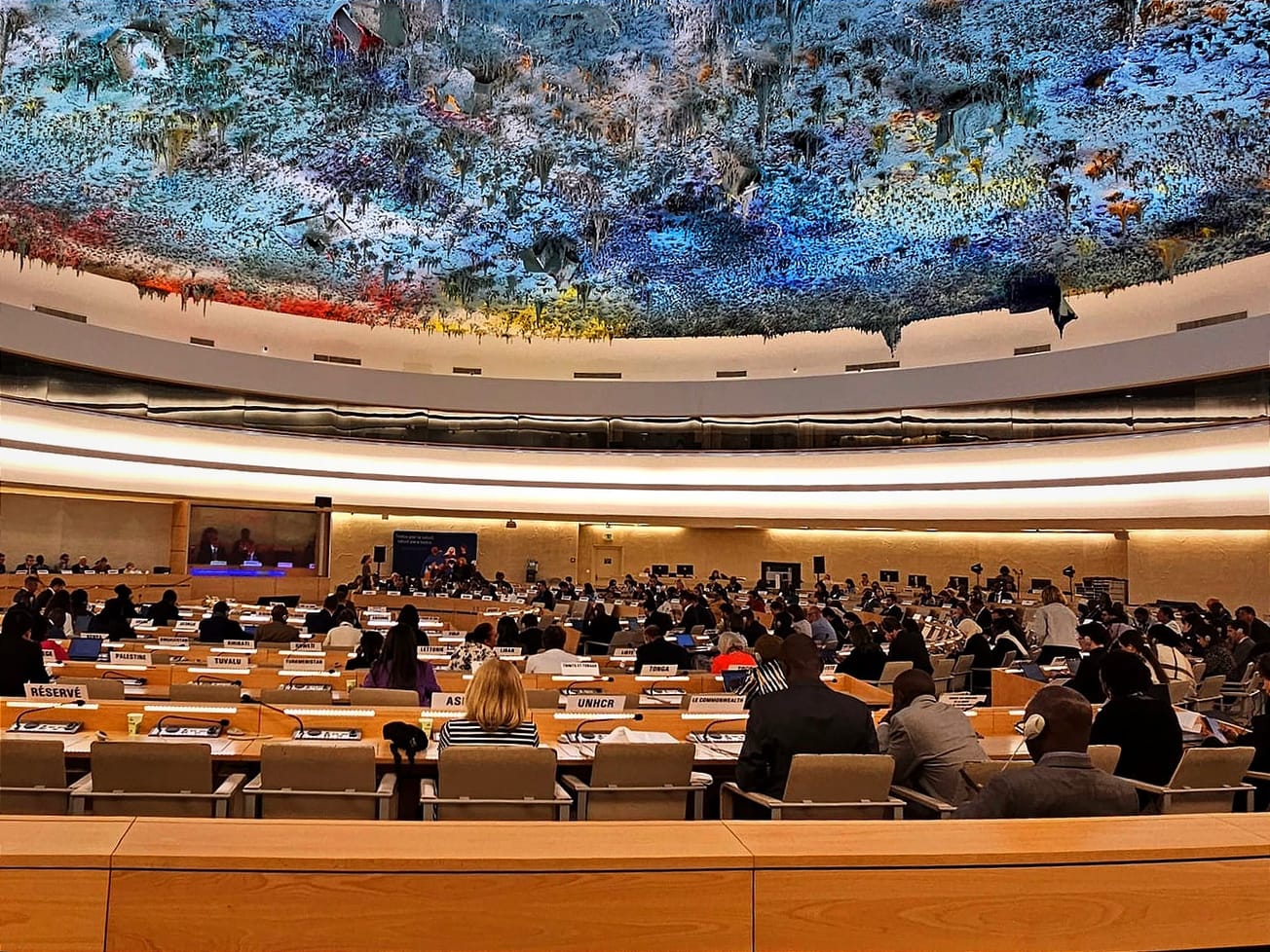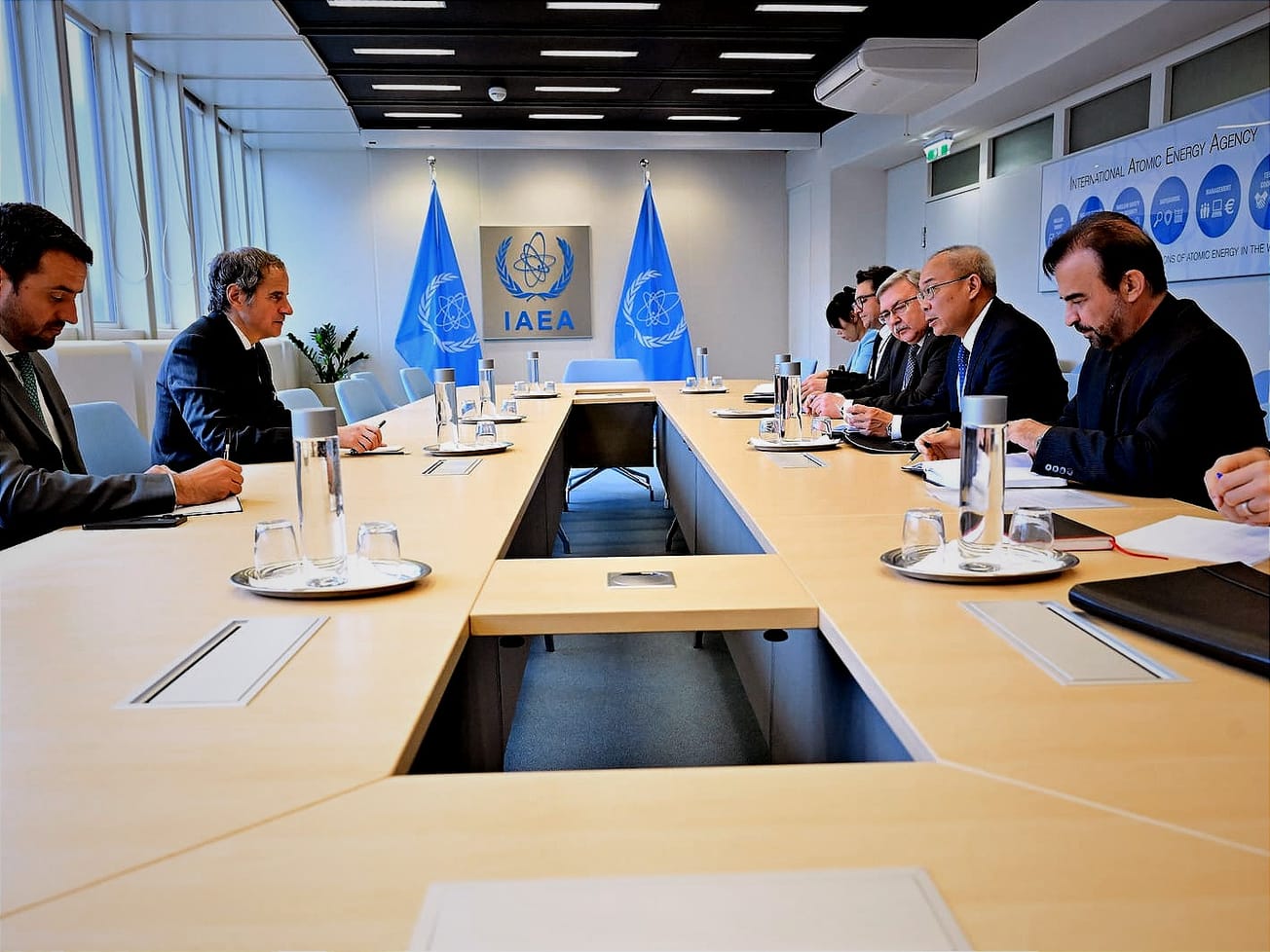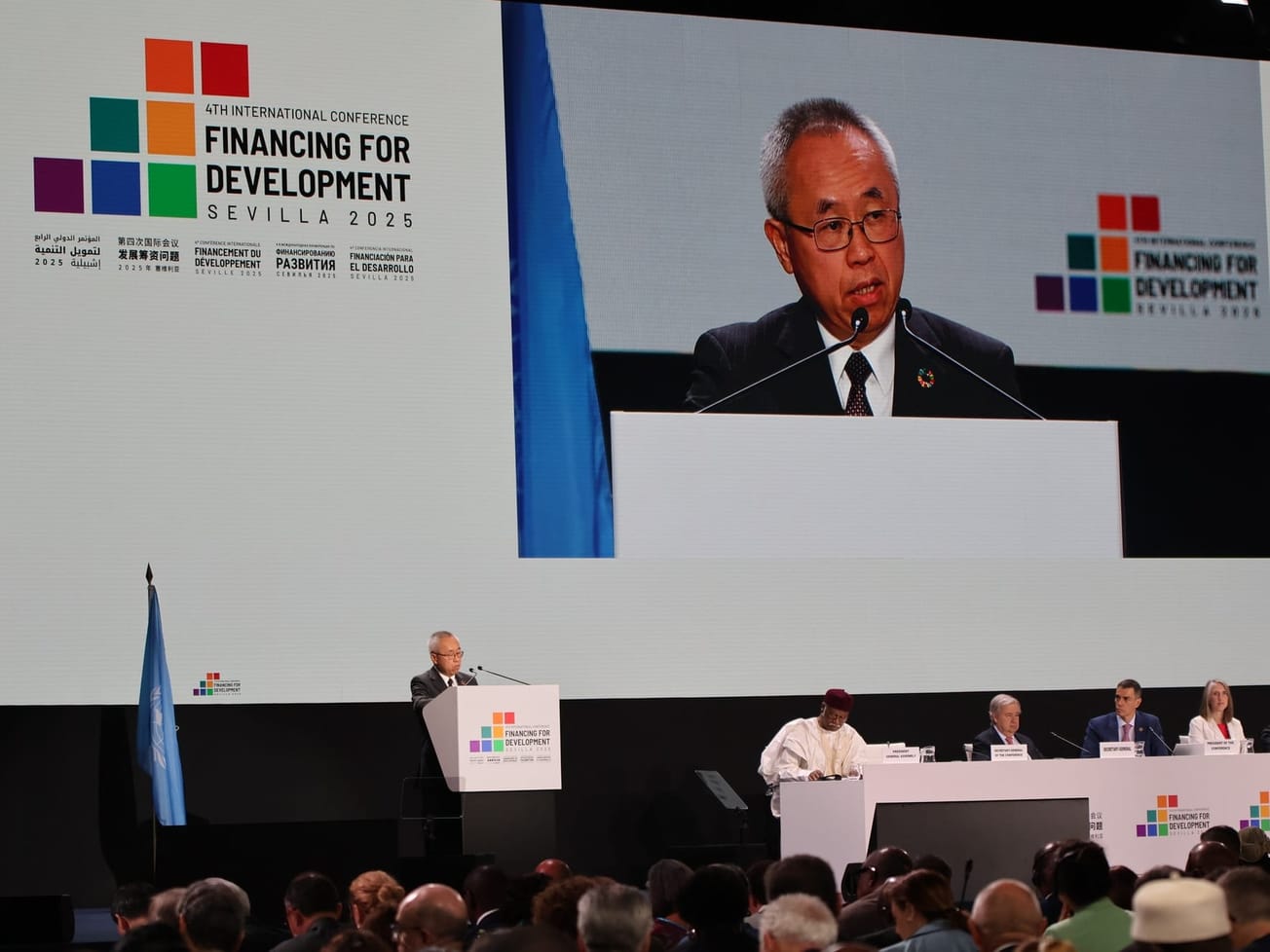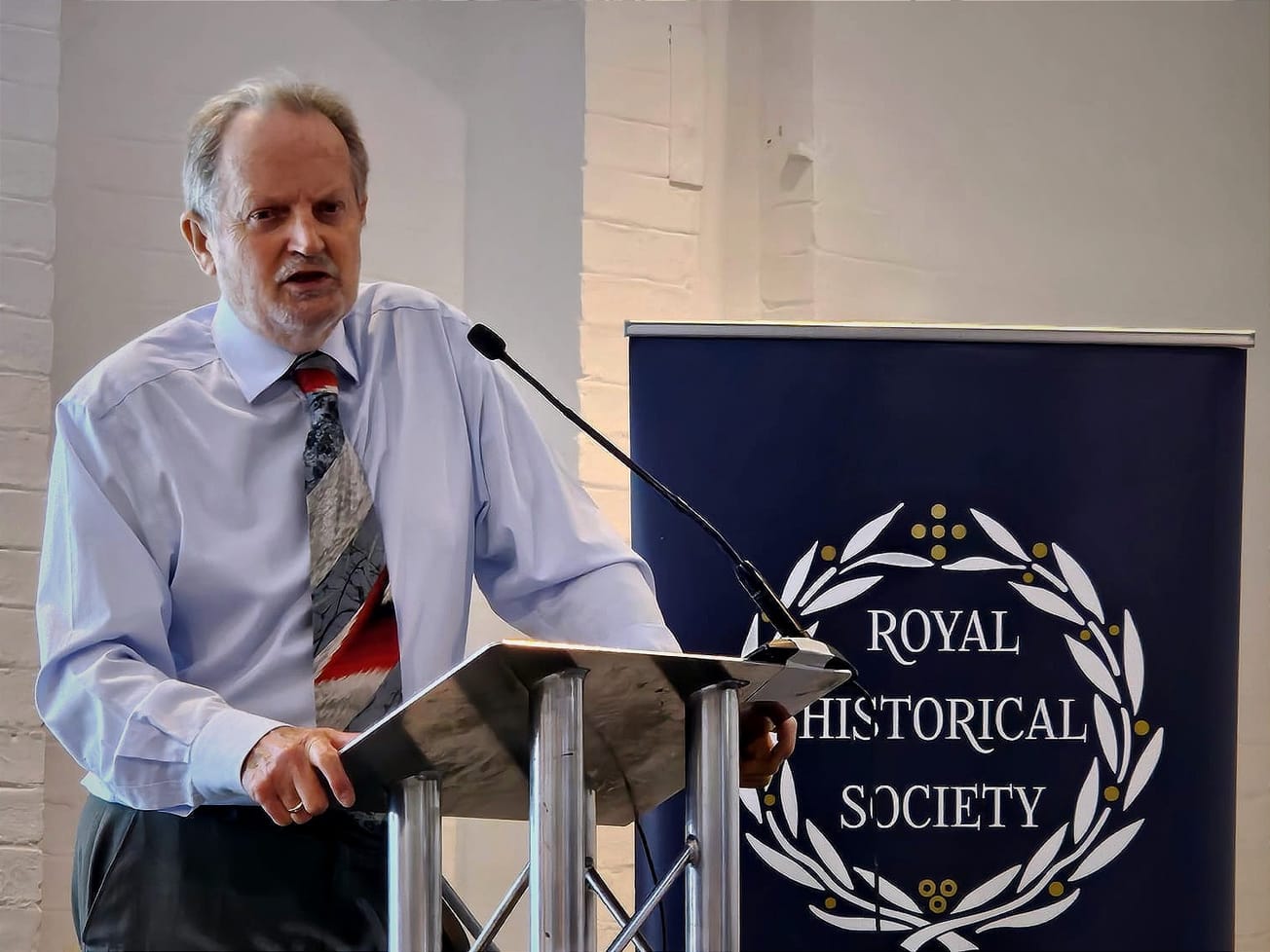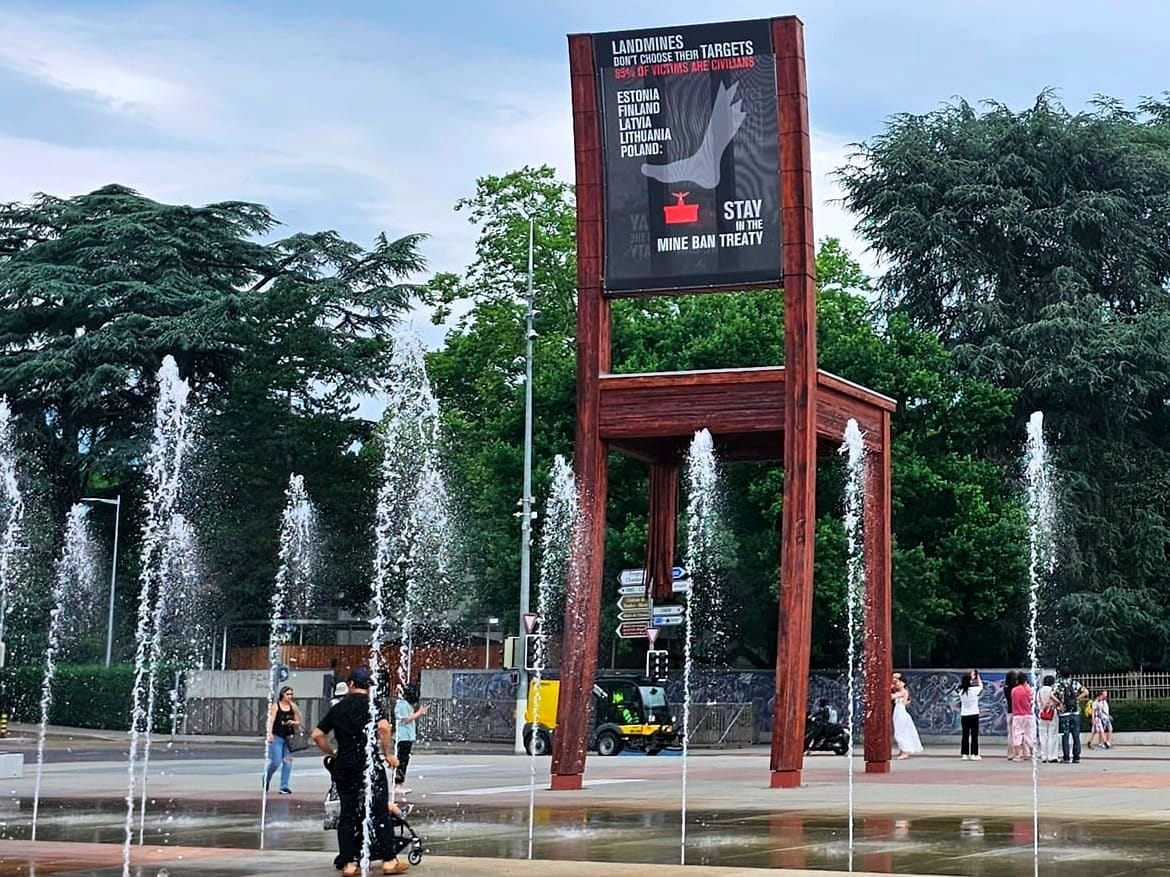GENEVA (AN) — A panel of U.N. human rights investigators concluded that Russia has committed war crimes in Ukraine during the 7-month-old invasion, citing evidence of explosive weapons detonated in civilian areas, illegal detainments and torture, and sexual and gender-based violent crimes.
Experts with the Independent International Commission of Inquiry on Ukraine told the United Nations Human Rights Council on Friday that Russia's attacks on populated areas, including schools and hospitals, caused immense harm and suffering for civilians, devastating entire urban areas of Kharkiv. They said witnesses gave consistent accounts of ill-treatment and torture carried out during unlawful confinements.


